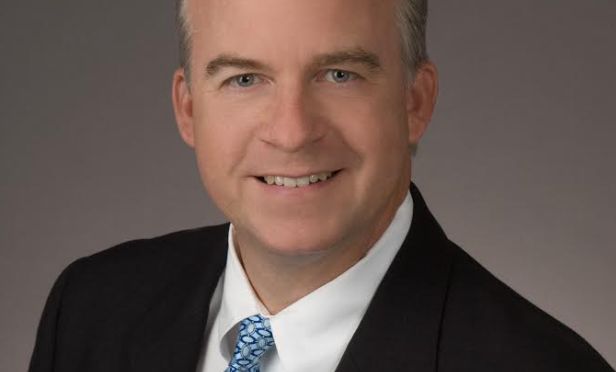 Transwestern is having one of its best years ever in the Southeast—and Bruce Ford, president of the firm’s Southeast division, has his finger on the region’s pulse.
Transwestern is having one of its best years ever in the Southeast—and Bruce Ford, president of the firm’s Southeast division, has his finger on the region’s pulse.
MIAMI—It’s no secret that Miami is the Gateway to Latin America, but is that ultimately for better or worse? With condo sales dipping from Latin American buyers, could Miami be in for a rude awakening this cycle?
While no market is ever immune to economic fluctuations, a mature market is one that can react and adapt quickly with less volatility. At least for now, despite foreign currency depreciation against the U.S. dollar, Miami’s urban core sustained pricing appreciation across all market segments including pre-construction sales, resales and rentals, according to the latest Miami Downtown Development Authority residential market report.
GlobeSt.com caught up with Bruce Ford, president of Transwestern’s Southeast division, to get his thoughts on Miami’s market and how commercial real estate firms are adapting in part two of this exclusive interview. You can still read part one: Bruce Ford: Bullish With A Little Caution Mixed In.
GlobeSt.com: Miami, the epicenter of the Southeast, has long been fueled by the economies of Latin America. However, will the Southeast be best favored because the rest of its growth is connected to its stronger ties to the domestic economy, which somewhat shields them from the pullback of Latin American potential fluctuations?
Ford: A large part of what has driven Miami’s growth—in residential, retail, banking, shipping, you name it—has been its role as a gateway to the Caribbean and Latin America. The trick, of course, is to benefit from those connections where possible while guarding against any negative impacts that may arise from instability in the economies of those countries. The fact is that Miami’s business community is focused both on the south and the north, allowing the area to benefit from economic growth in the US and Latin America without being excessively vulnerable to surprises in either.
The Southeast continues to be at the forefront of US population and job growth, and Florida has seen some of the nation’s strongest job growth over the past five years. The Southeast in general is a vibrant location of choice for a number of industries that are attracted to our cost of living, quality of life, and favorable business climate, and we see no reason for that to change.
GlobeSt.com: Coming out of the latest cycle and economic strife, it appears commercial real estate requirements of business owners are changing and they are seeking broader advisory roles. Does a company need to be less segmented in order to adapt?
Ford: We place a high value on our clients’ needs and our ability to give them an extraordinary experience of service, and that includes the ability to partner with them in exploring their real estate requirements. As commercial real estate data becomes increasingly available to everyone, it is more important than ever to work with professionals who can interpret that data—who know the market and the personalities, and can listen to their clients and offer meaningful guidance.

















 Copyright © 2024 ALM Global, LLC. All Rights Reserved.
Copyright © 2024 ALM Global, LLC. All Rights Reserved.